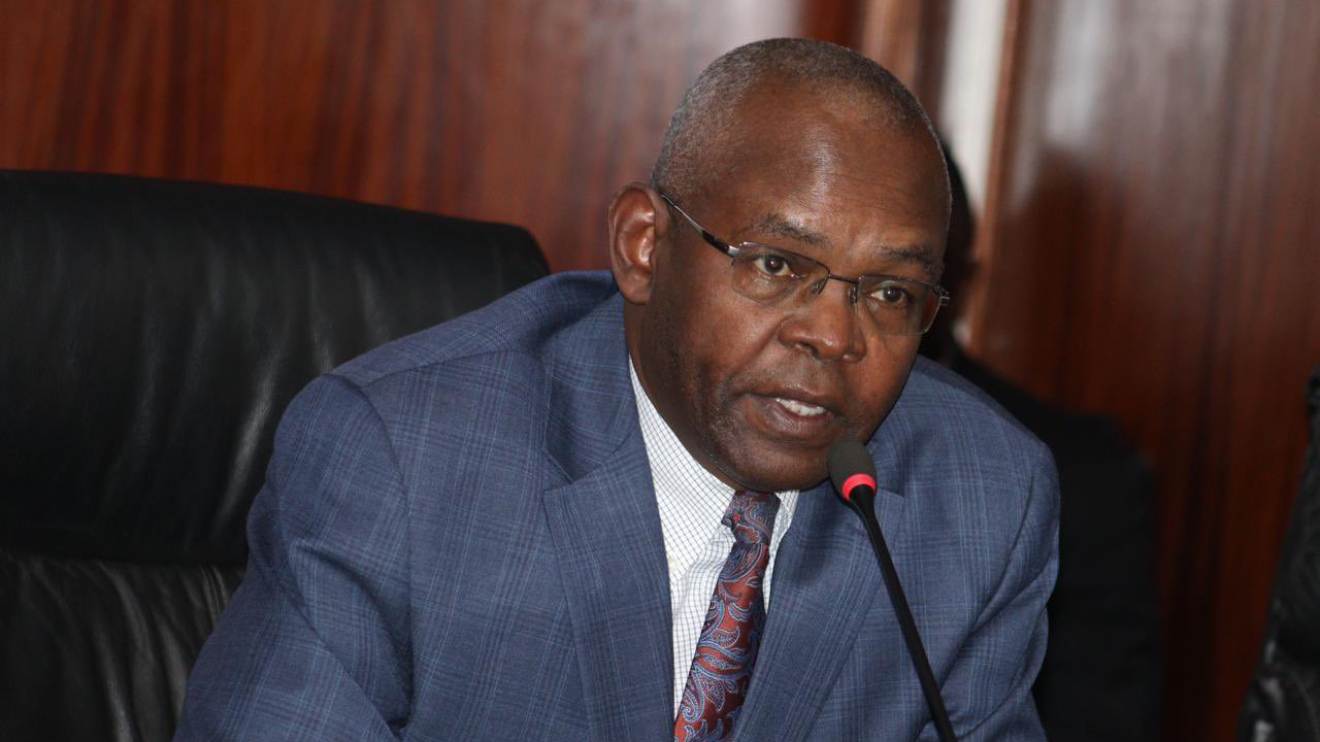An audit into Kenya’s central digital services platform has revealed that over Sh2.1 billion was collected irregularly from citizens, as the government continued to impose a fixed Sh50 fee on every eCitizen transaction in breach of legally gazetted rules.
The Special Report on eCitizen, released in March, found that instead of applying a proportional administrative charge as outlined in Gazette Notice No. 9290/2014, the National Treasury opted for a blanket Sh50 “convenience fee” per transaction, disregarding the prescribed method.
"Gazette Notice No. 9290 of 2014 dated 23 December 2014 required the Nominal Administrative Fee to be charged per transaction, which was to be a prorated percentage of the amounts paid. However, during the period prior to January 23, 2023, the National Treasury did not establish a prorating band," the report noted.
Despite lacking legal authority to do so, the Treasury collected more than Sh1.8 billion from Kenyans using this method before January 23, 2023. 3
The audit put the precise figures at "Sh1,807,946,257 and $3,333,989," saying they were "irregularly collected from the public."
Read More
The controversial fee practice continued even after fresh instructions were issued in December 2023 through Gazette Notice No. 17422, which once again reiterated the requirement for a prorated fee model. Instead of adjusting, the Treasury maintained the fixed charge.
From December 14, 2023, to June 30, 2024, the audit recorded an additional overcharge of Sh349 million.
Of this amount, about Sh30.7 million was collected via the original government payment system, which was still in use by some state departments.
The remaining Sh319 million came from the newer payment channel adopted following President William Ruto’s directive for all public institutions to integrate their payments through eCitizen.
"Similarly, between December 14, 2023 and June 30, 2024, The National Treasury irregularly collected Convenience Fee of Sh50 instead of prorating the Fee as stipulated in the Gazette Notice No. 17 422 of December 14, 2023, resulting to an overcharge amounting to Sh30,729,415 of collections made through the previous payment gateway and Sh319,029,250 for collections made through the new gateway," the report explained.
The audit did not stop at the irregular fees. It also flagged questionable financial movements involving the Paybill number 222222, which is the official mobile money channel through which all eCitizen payments are meant to pass.
On January 25, 2024, one such illegal diversion was traced from this paybill to a private account—an act expressly prohibited.
Auditors unearthed four separate transactions routed to private entities instead of the designated central settlement account, with a combined value of Sh127 million.
These transfers, according to bank statements reviewed in the report, violated standard procedure requiring all eCitizen collections to be automatically transferred into a government-held account at a commercial bank.
Another major concern in the report was a payment of Sh492 million made to a firm that was never listed in the original agreement for upgrading the eCitizen system.
The report did not name the company but noted that it was not a party to the official contract.
The findings raise serious questions about the legal compliance and financial integrity of Kenya’s digital service infrastructure.
The irregularities not only undermine public trust in e-government platforms but also point to deeper problems within the administration of public funds.
As the dust settles, pressure is mounting for answers and accountability from the agencies responsible.
The audit has already triggered interest from oversight institutions and could lead to a wider inquiry into the financial governance of Kenya’s digital systems.









